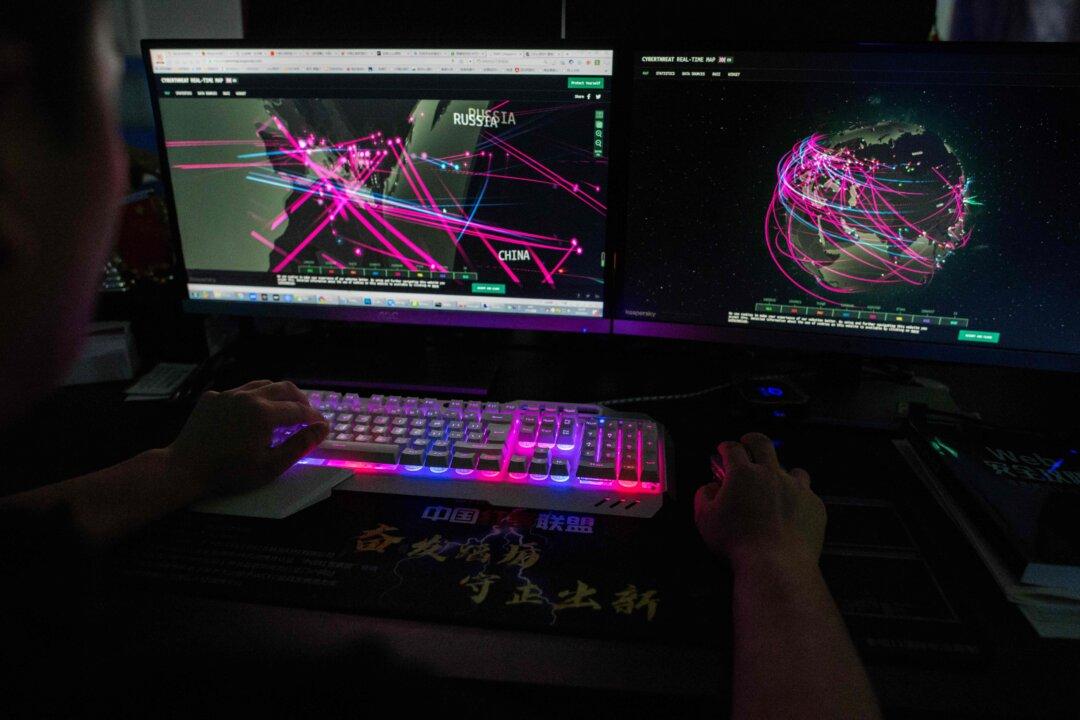Over the past few decades, China has adopted a policy of information warfare against its global adversaries by leveraging its civilian cyber sector. This constitutes Beijing’s “people’s war” on the world inflicted by its civilian cyber militias, according to cybersecurity experts.
The Chinese Communist Party’s (CCP) civilian cyber sector includes individual cyberoperatives, private institutions, academia, and government institutions. In operational terms, these civilian sector operators do not have an official place within the People’s Liberation Army’s (PLA) order of battle. They turn into the communist regime’s “cyber proxies and mercenaries,” according to Simone Ledeen, a senior visiting fellow at the Krach Institute for Tech Diplomacy at Purdue University and a former deputy assistant secretary of defense for the Middle East.





